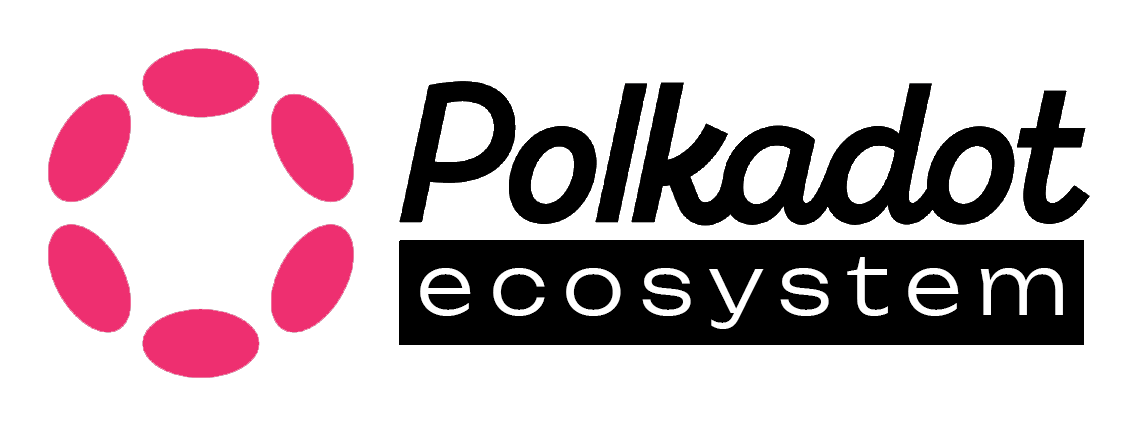User-First Innovation in Hydration DeFi Stack by Ben McMohan
Ce contenu n’est pas encore disponible dans votre langue.
In the rapidly evolving world of decentralized finance (DeFi), user experience and operational efficiency often become the key differentiators between success and obscurity. The Hydration DeFi Stack, a pioneering project within the Polkadot ecosystem, stands out by prioritizing its users at every stage of development. At the heart of this user-centric approach is Ben McMohan, a key figure driving the project forward. This article delves into how McMohan and the Hydration team are shaping the DeFi landscape by putting users first, building a robust ecosystem that is not only technically advanced but also user-friendly.
The Genesis of Hydration: From Hobby to Full-Time Commitment
Ben McMohan’s journey into the world of blockchain and DeFi started as a hobby, driven by curiosity and a desire to understand new investment opportunities. His initial foray into the financial world involved investing in UK stocks, which eventually led him to discover Bitcoin and other cryptocurrencies. As he delved deeper into the rabbit hole of digital assets, McMohan encountered KR1, a UK-listed company that invested in various blockchain projects, including Polkadot (DOT). This discovery marked the beginning of his deep engagement with the Polkadot ecosystem.
McMohan’s involvement in the Polkadot community grew organically. Initially, he spent time researching various projects that KR1 had invested in, gradually immersing himself in the community and the broader blockchain space. His passion for the technology eventually led him to join Chaos DAO, where he found a group of like-minded individuals who shared his enthusiasm for Polkadot. This community provided the perfect environment for McMohan to deepen his understanding and involvement in the ecosystem, ultimately leading to his full-time commitment to the Hydration project.
A Unique Approach: The Hydration DeFi Stack
The Hydration DeFi Stack is not just another DeFi platform; it’s an evolving ecosystem designed to offer a comprehensive suite of decentralized financial services. Originally starting as a decentralized exchange (DEX), Hydration has expanded into a full-stack DeFi platform, incorporating swaps, money markets, and stablecoins. At the core of this transformation is the project’s focus on user experience and operational efficiency.
One of the key innovations of the Hydration DeFi Stack is its ability to specify certain functionalities directly within the runtime of its blockchain. This feature provides the platform with a significant advantage, particularly in scenarios where network congestion could lead to issues such as liquidation cascades. By prioritizing critical transactions within blocks, Hydration ensures that users do not suffer unnecessary losses due to network congestion—a feature that McMohan highlights as one of the platform’s superpowers.
Hydration Omnipool: Redefining Liquidity Provision
A standout feature of the Hydration DeFi Stack is its Omnipool, a reimagining of traditional automated market makers (AMMs). Unlike conventional AMMs that require liquidity providers to pair two assets in a pool, Hydration’s Omnipool allows users to provide liquidity single-sided. This innovation addresses the inefficiencies of fragmented liquidity across multiple pools, offering a more capital-efficient way to trade and provide liquidity.
In the traditional AMM model, liquidity providers often face the challenge of having to swap half of their assets for another asset, which they may not necessarily want, to provide liquidity. The Omnipool eliminates this requirement, allowing users to contribute liquidity in a single asset and still benefit from trading against all other assets in the pool. This approach not only simplifies the process for users but also maximizes the depth of liquidity, leading to reduced price impact and better trading outcomes.
Money Market Integration: Expanding the DeFi Ecosystem
Another significant development within the Hydration DeFi Stack is the integration of a money market, which allows users to post collateral and borrow against it. This feature is particularly appealing to users who hold significant amounts of cryptocurrency but do not wish to sell their assets. By leveraging these assets as collateral, users can participate in DeFi activities such as borrowing and lending, earning additional fees in the process.
The money market is built on an Aave v3 fork, a battle-tested protocol renowned for its security and efficiency. This choice underscores Hydration’s commitment to providing users with reliable and secure financial tools. The integration of the money market into the Hydration ecosystem not only enhances the platform’s utility but also aligns with McMohan’s vision of creating a vertically integrated DeFi stack that caters to a wide range of user needs.
Hydration DCA Trades: Enhancing Capital Efficiency
Hydration’s commitment to user-centric innovation is further exemplified by its Dollar-Cost Averaging (DCA) feature. This tool allows users to break down larger trades into smaller, more manageable transactions over time. The DCA feature is particularly useful for users who want to minimize price impact when executing large trades, as it takes advantage of market arbitrage opportunities to reset prices between trades.
The DCA tool also enables users to automate their trading strategies, such as accumulating assets over a specific period. This feature is designed to enhance capital efficiency, allowing users to achieve better trading outcomes with less capital. By providing such advanced tools, Hydration ensures that users have the flexibility to tailor their trading strategies to their specific needs, further solidifying its reputation as a user-first DeFi platform.
Intent Composing Engine: Leveraging the Power of Polkadot
One of the most exciting innovations in the Hydration DeFi Stack is the Intent Composing Engine. This feature leverages the unique capabilities of Polkadot’s blockchain to batch and net transactions against each other, minimizing price impact and optimizing user outcomes. By executing transactions in a way that nets opposing trades, the Intent Composing Engine ensures that users get the best possible prices without suffering from slippage or price volatility.
The ability to batch and net transactions is a direct result of Hydration’s decision to build on Polkadot, a blockchain known for its scalability and flexibility. This strategic choice allows Hydration to offer features that would be difficult to implement on other blockchains, further enhancing the platform’s appeal to users.
Hydrated Farms: Incentivizing Long-Term Participation
To encourage long-term participation and liquidity provision, Hydration has introduced Hydrated Farms—an innovative liquidity mining program. Unlike traditional liquidity mining programs, which often attract mercenary capital that leaves as soon as rewards are harvested, Hydrated Farms incorporate a loyalty component. This feature rewards users who stay in the pool longer, reducing the likelihood of sudden liquidity withdrawals that can destabilize the market.
Hydrated Farms also offer additional rewards in the form of vDOT, a liquid staking derivative. By distributing staked DOT as rewards, Hydration not only incentivizes participation but also ensures that users earn staking rewards on top of their liquidity mining rewards. This dual reward structure is designed to attract long-term, committed participants, aligning with McMohan’s vision of building a sustainable and user-centric DeFi ecosystem.
Hydration Collaborations and Ecosystem Integration
Hydration’s success is not just a result of its innovative technology but also its strong partnerships within the Polkadot ecosystem. One of its key collaborators is Moonbeam, a project that facilitates seamless liquidity transfer from Ethereum to Hydration. Through Moonbeam’s routed liquidity and Wormhole technology, users can move assets between Ethereum and Hydration with a single click, enhancing the platform’s accessibility.
Additionally, Hydration has formed strategic partnerships with other projects within the Polkadot ecosystem, such as Bifrost. These collaborations have led to the development of innovative products like Yield DCA, which allows users to swap staking rewards for other assets over time. By building these connections, Hydration is positioning itself as a hub for DeFi activity within the Polkadot ecosystem.
The Future of Hydration: Elastic Scaling and Agile Core Time
Looking ahead, Hydration is set to continue its trajectory of growth and innovation. The project has secured a two-year parachain slot on Polkadot, which will allow it to implement elastic scaling and asynchronous backing. These features will enable Hydration to expand its block capacity as needed, ensuring that the platform can handle increased demand during periods of high volatility.
Hydration’s focus on elastic scaling is a testament to its commitment to providing a seamless user experience, even under challenging conditions. By automating the expansion of block capacity, Hydration ensures that users can continue to trade and provide liquidity without being affected by network congestion.
Conclusion
Ben McMohan and the Hydration team have set a new standard for user-centric innovation in the DeFi space. By prioritizing the needs of users at every stage of development, they have built a platform that is not only technically advanced but also accessible and efficient. From the Omni Pool to the Intent Composing Engine, every feature of the Hydration DeFi Stack is designed with the user in mind, ensuring that the platform remains at the forefront of the rapidly evolving DeFi landscape.
As Hydration continues to grow and innovate, it serves as a shining example of how putting users first can lead to success in the world of decentralized finance. With a strong foundation in the Polkadot ecosystem and a commitment to continuous improvement, Hydration is well-positioned to remain a leader in the DeFi space for years to come.

